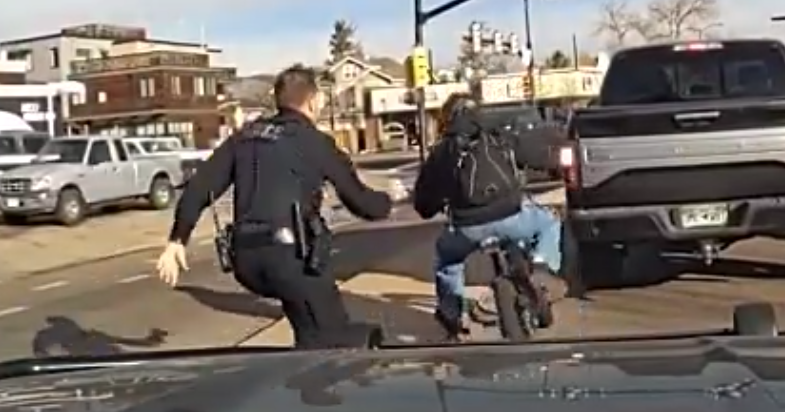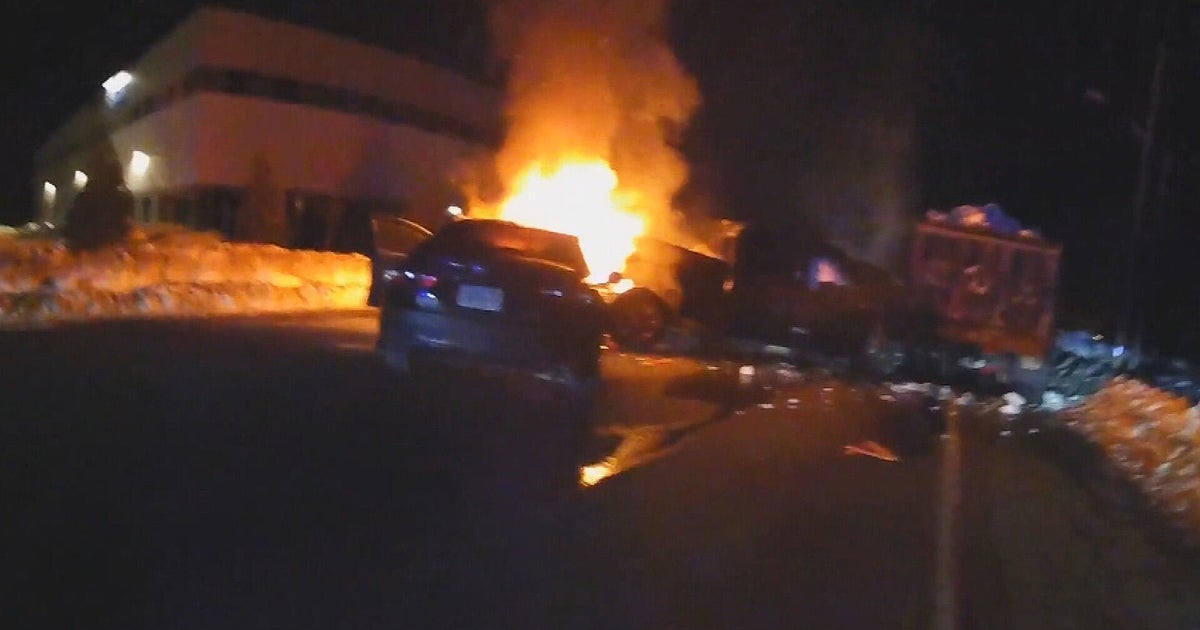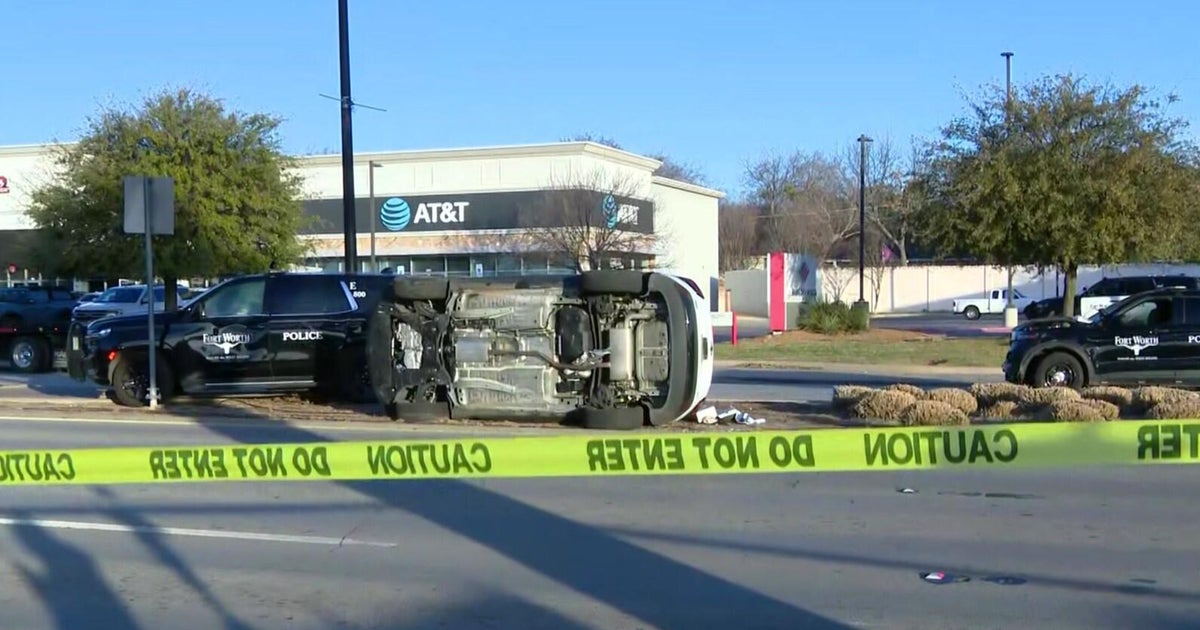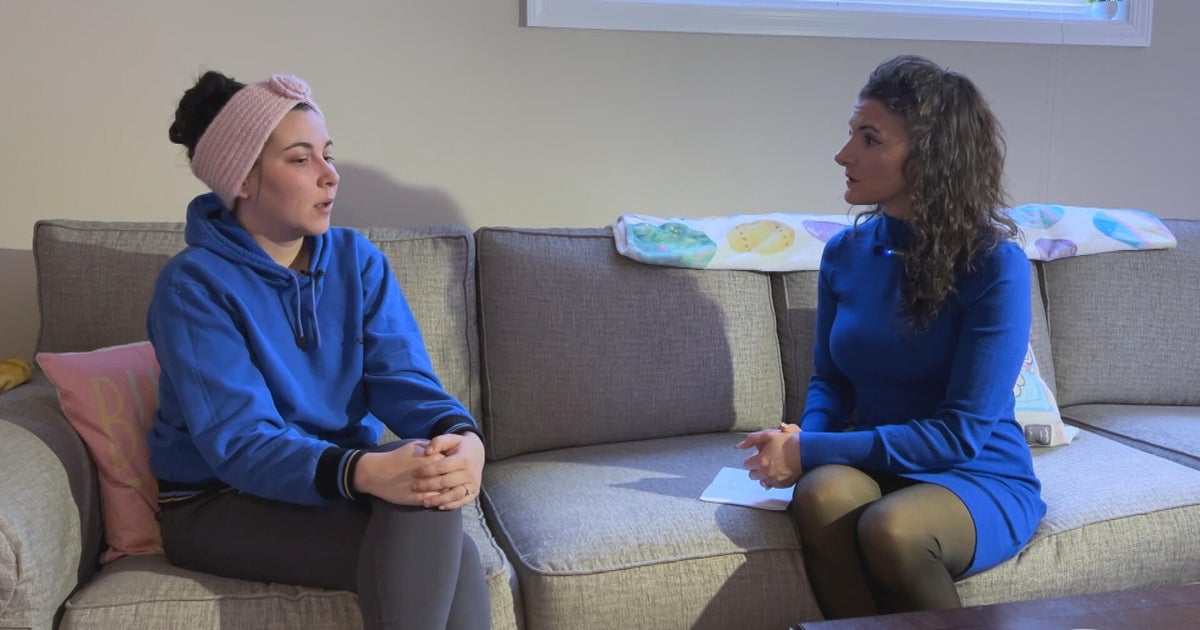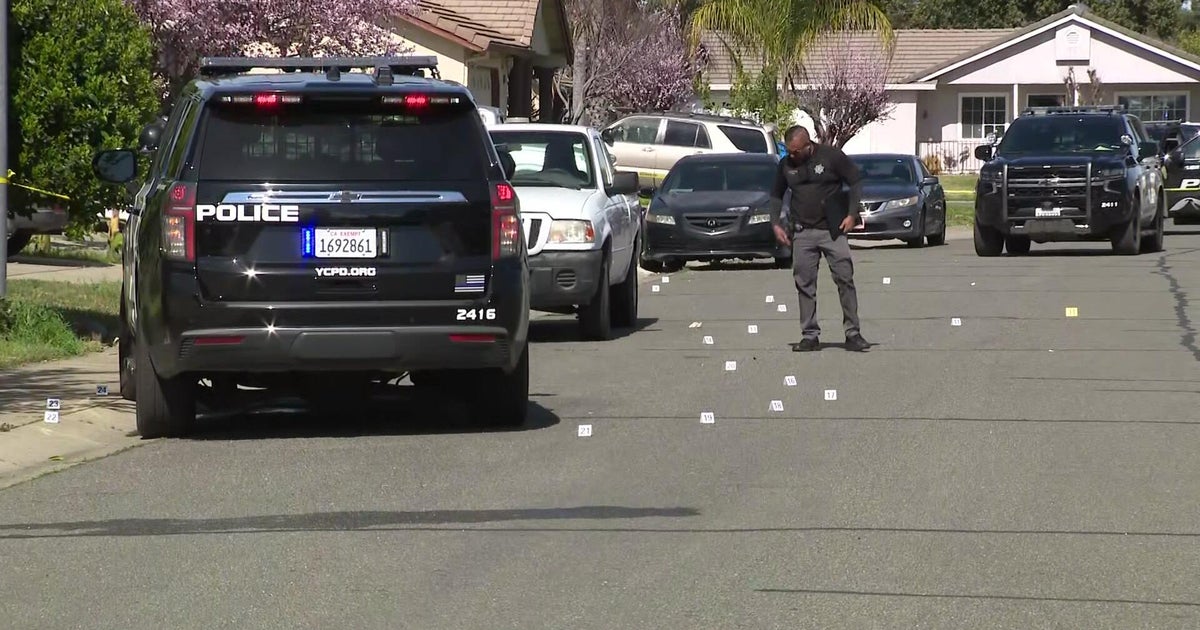Former Chicago COPA head: Officers in Dexter Reed shooting will need to justify every shot
CHICAGO (CBS) -- Sharon Fairley, the former head of Chicago's Civilian Office of Police Accountability, weighed in Thursday on the police shootout that killed Dexter Reed last month.
Reed, 26, was shot and killed by police on March 21, during what police told COPA was a traffic stop made because Reed was not wearing a seat belt.
This past Tuesday, COPA released dozens of videos involving the traffic stop that turned fatal.
A five-person tactical team from the Harrison (11th) District pulled over Reed in the 3800 block of West Ferdinand Street. In the body camera footage, officers tell Reed to roll down his window and ask him, "What are you doing?"
After rolling down his window, Reed started rolling it up, prompting officers to repeatedly tell him, "Don't roll the window up," and, "Unlock the doors." Within seconds of the beginning, the conflict escalated frantically and became deadly.
COPA also believes Reed fired first in the shootout that ended in his death — and a gunshot wound for one of the five officers involved. Chicago Fraternal Order of Police President John Catanzara said Wednesday that Reed fired not one, but 11 rounds — and was still firing when the officers began firing back.
"They don't get a pass if the evidence shows that Mr. Reed did fire first. That doesn't mean like game over, you know, we stop there," said Fairley. "There's still a lot that needs to be figured out."
COPA said police fired 96 shots in 41 seconds.
"Literally, each bullet that was fired has to be justified," said Fairley, now a professor of law at the University of Chicago.
Meanwhile, Fairley said police can use a traffic violation as a pretext for a stop.
"If they see someone make a traffic violation, they can stop that car — even if the real reason that they want to stop that car is something entirely different," said Fairley.
However, COPA said the officers did not know anything about Reed's history when they pulled him over. The oversight agency said the officers say they didn't know who Reed was when they pulled him over.
COPA investigators also said the tinted windows on Reed's vehicle make it hard to believe the officers really pulled Reed over for a seatbelt violation.
"If the officers claim that the justification for the stop was a seat belt violation — and then the evidence shows that it's not really possible that they could really have seen that — that means that they weren't being truthful," Fairley said, "and that's also, obviously, a serious rule violation."
The rounds and rounds that Chicago Police fired are something COPA will be asking officers to explain.
Franza: "What happens? We know that they're going to be speaking to the officers involved this week. After that, then what?"
Fairley: "Part of the analysis will be each of those individual officers has to justify why they discharged their weapon, from their own vantage point."
Chicago Police can use deadly force until a threat is eliminated.
"When there is no longer a threat, the force must stop," said Fairley.
CBS 2 obtained a letter this week from current COPA Chief Administrator Andrea Kersten, addressed to police Supt. Larry Snelling.
The letter requests the officers involved in the Reed shooting be relieved of their police powers while the investigation continues – something Fairley said means there is serious concern that the officers involved may have made false statements about the reason for the stop.
CBS 2 asked the Chicago Police Department if it plans further action. Police would only say they would not make a determination in this case until the investigation is concluded.


